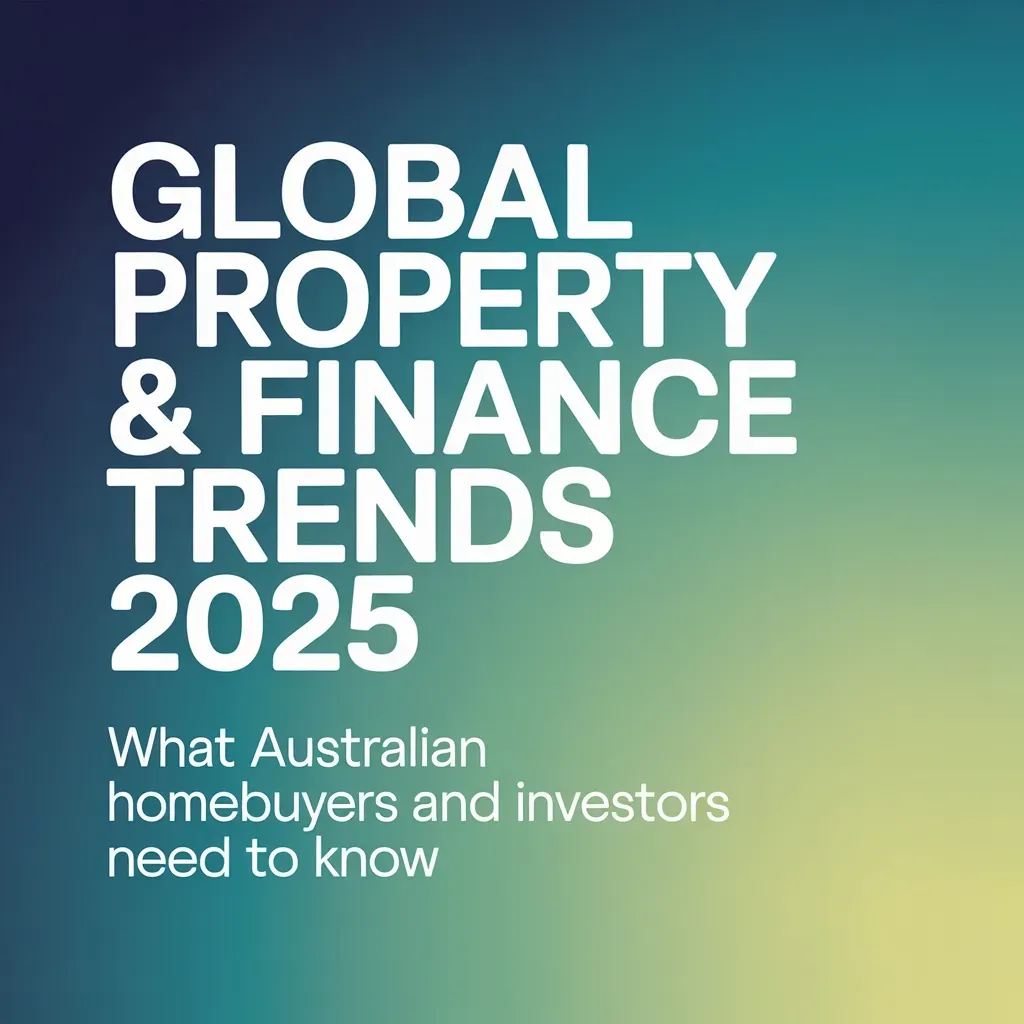Questions you should be asking if you own a property in 2025 ?

The Silent Cost of Holding onto Property Too Long Many property owners hesitate to sell, hoping for the perfect price or influenced by emotional ties. This delay often leads to opportunity cost—missing out on better investments, rental income, or market peaks. Explore how this silent hesitation can cost thousands over time, especially when tied to emotional decision-making rather than strategy. Use data and case examples to show how timing matters in maximizing capital growth and liquidity.
Is Your Home Loan Still Competitive? In a fluctuating interest rate environment, many homeowners may be stuck with outdated loan products. This post educates readers on how to assess their current mortgage: interest rate, comparison rate, features like offset/redraw, fees, and loan flexibility. Provide a checklist for when to refinance and highlight the long-term savings even a 0.5% reduction can make over the life of the loan. Encourage readers to perform regular home loan health checks.
5 Tax Strategies Most Property Investors Overlook Even seasoned investors often leave money on the table at tax time. This article explains:
- Claiming depreciation on fixtures and fittings
- Using offset accounts smartly to reduce interest
- Borrowing to invest (debt recycling) and tax-deductibility
- Maximizing capital works deductions (Division 43)
- Understanding and using negative gearing to your advantage Use worked examples and ATO links to help readers understand their eligibility and how to implement these legally.
How Strategic Silence Helped Clients Negotiate Better Deals Inspired by my book "The Power of Strategic Silence," this piece presents anonymized stories of clients who negotiated better property prices, loan discounts, or contract terms simply by saying less. Include a few before-and-after style mini case studies and explain the psychology behind why silence can prompt better offers and improved outcomes. Include tips on how and when to use strategic silence in property negotiations.
Your First Investment Property: What I Wish I Knew Before Starting A candid, beginner-friendly article sharing personal or client experiences. Cover key learning points such as:
- Cash flow vs capital growth strategy
- The importance of building inspections and due diligence
- Unexpected costs (maintenance, vacancies, strata fees)
- Why location, local infrastructure, and rental yield matter
- The value of mentorship or advisory support early on This post positions you as both relatable and knowledgeable to first-time investors.
SMSF Property Investment: Is It Right for You in 2025? With more Australians taking control of their super, SMSFs are gaining popularity. This post explains:
- SMSF compliance and borrowing rules (LRBAs)
- Pros: control over investment, tax advantages, diversification
- Cons: setup/admin costs, strict ATO guidelines, liquidity risks Provide examples of residential vs commercial SMSF property strategies and offer a checklist to help readers decide if this path aligns with their retirement goals.
How to Use Equity Without Overleveraging Property equity can be a powerful tool, but overuse can increase risk. Explain:
- What equity is and how it builds
- Methods of accessing equity: top-up loans, lines of credit, cash-out refinance
- Risks: overborrowing, rising interest rates, repayment strain
- Safe strategies: 80% LVR rule, buffers for repayments, investing in positive cash flow properties Use simple examples to guide homeowners through responsible equity use, with a clear call-to-action to speak with an advisor.









